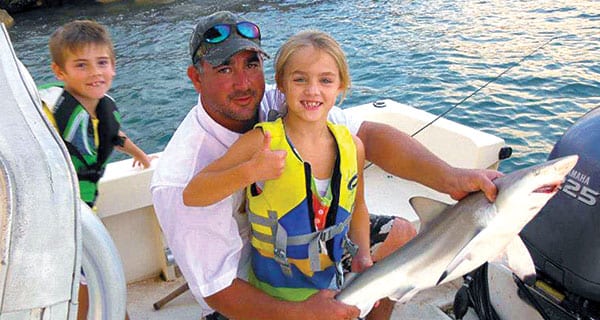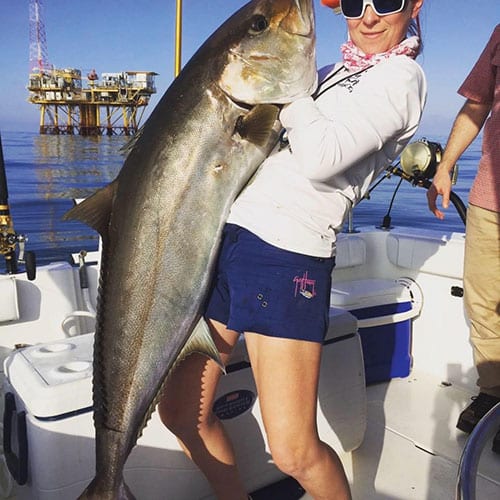
Many nations have far lengthier coastlines in relation to their populations. Accordingly, they have tremendous surplus fishery resources. Their economies need exports – and we need their catch to satisfy our appetite for healthy wild-caught ocean fish.

To be ecologically responsible, we must lessen the over-use of our U.S. fishery resources and maintain sustainable fisheries. To accomplish this, we must create a worldwide balance between the use and harvesting of the fisheries. The U.S. must cap or reduce the amount of domestically-harvested fish and import more to satisfy our nation’s hunger for wild-caught ocean fish without further damaging our ocean fisheries. There can never be enough U.S.-caught ocean fish to sustainably supply the combined American tables’ appetite. Our appetite can, however, be sustainably and ecologically fulfilled without devastating fishery resources if we simply apply a worldwide perspective.
In a balanced world, nations harvest and sell what they have surpluses of to generate funds to purchase what they don’t. The United States is blessed with many surplus resources to exchange for those that it does not. We are not forced to over-harvest and decimate the less abundant resources like our oceans’ fish populations.
Once we understand the fragility of our natural resources and the need to only locally harvest sustainable quantities, we then must look at the best use of the limited resources we have. To harvest only a sustainable quantity and do so responsibly for the ecology, we must evaluate what use of the resource presents the greatest benefit to our nation. That’s simply common sense and basic business logic.
From the perspective of responsible utilization, commercial fishing is a wrecking ball to the ecology. It generates tremendous ecological damage. Its processes indiscriminately kill sea life to capture the percentage of the carnage that it wants. This “bycatch” of killed, unwanted species from longline fishing, gill netting, and other methods is devastating to the ecosystem it harvests from.
Conversely, recreational fishing is discriminate and benefits even further from its growing “catch and release” sportfishing segment. Recreational fishing produces only a minor degradation of the overall biomass for the specific harvest it produces – far less than mass commercial harvesting.
But . . . what is the economic and employment impact to the nation of using the fishery for commercial profit harvesting vs. recreational fishing?
Studies have highlighted for every pound of fish extracted, recreational fishing (via both private and charter boats) yields seven dollars of economic activity for every one dollar from commercial harvesting. This also produces seven times the employment for American workers as compared to commercial harvesting.
With recreational fishing producing seven times the economic impact as opposed to commercial fishing and being significantly less damaging to the ecology, it is clearly in the nation’s best interest to increase our utilization of the U.S. coastal fisheries by recreational fishermen and to increase our imports of wild-caught ocean fish to fulfill the nation’s demand.
If we simply increase our imports of ocean fish from 80% to 85% of our usage, we can still maintain a commercial fishing industry, support our appetite for ocean fish, and allow our fisheries to recover to their former health.
Such a minor adjustment would stimulate our national economy, increase American employment, and fulfill the population’s desire for wild-caught ocean fish for dinner tables.
U.S. ocean fisheries are publicly-owned resources. Pushing a greater utilization of our ocean fisheries to recreational fishing while augmenting the desire for wild-caught ocean fish through importation is truly a “no brainer”. This utilization opens the resource more to the individuals who own it (versus for-profit commercial fishing fleets) and stimulates employment and sound monetary policy.
To join the conversation, or learn more, visit Facebook page “What Happened To Our Fish?”, or email recreationalfishermen@gmail.com.


